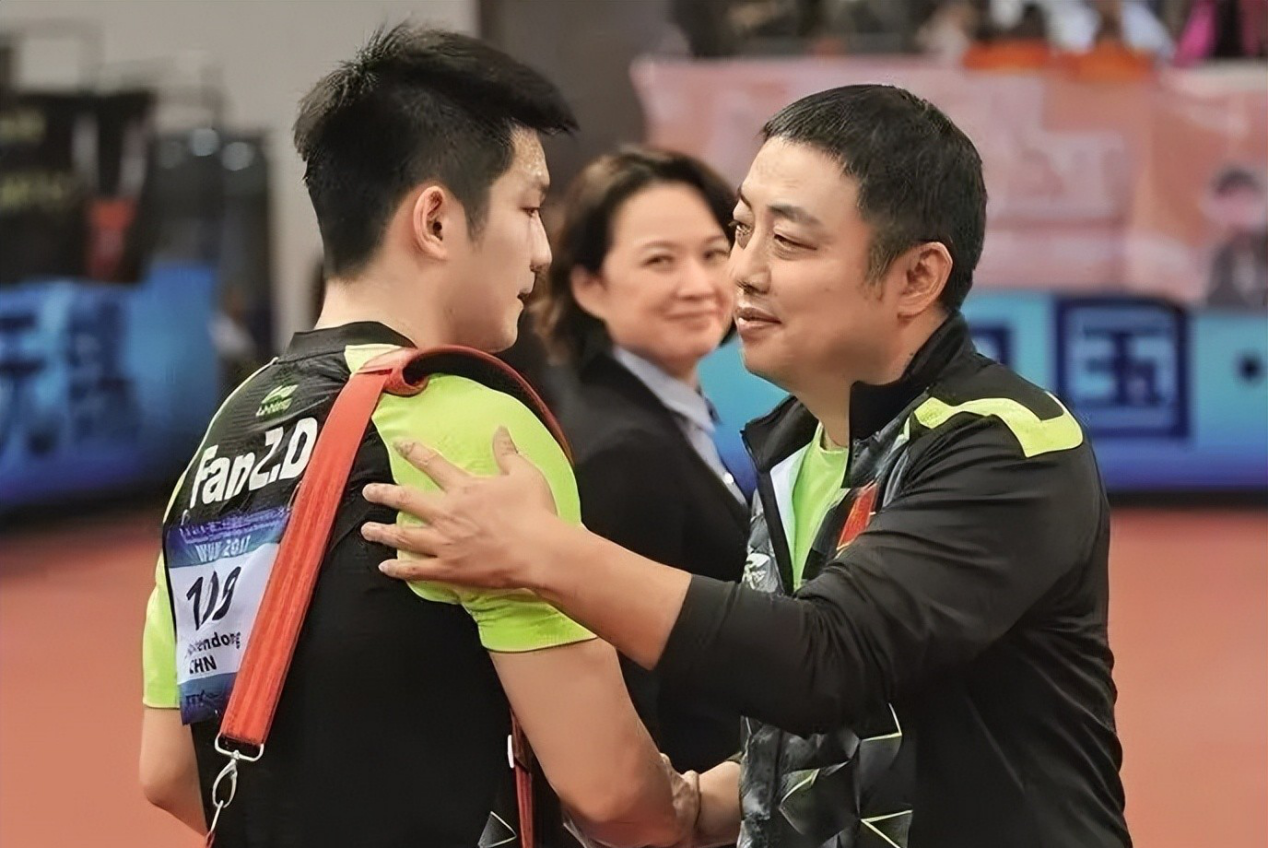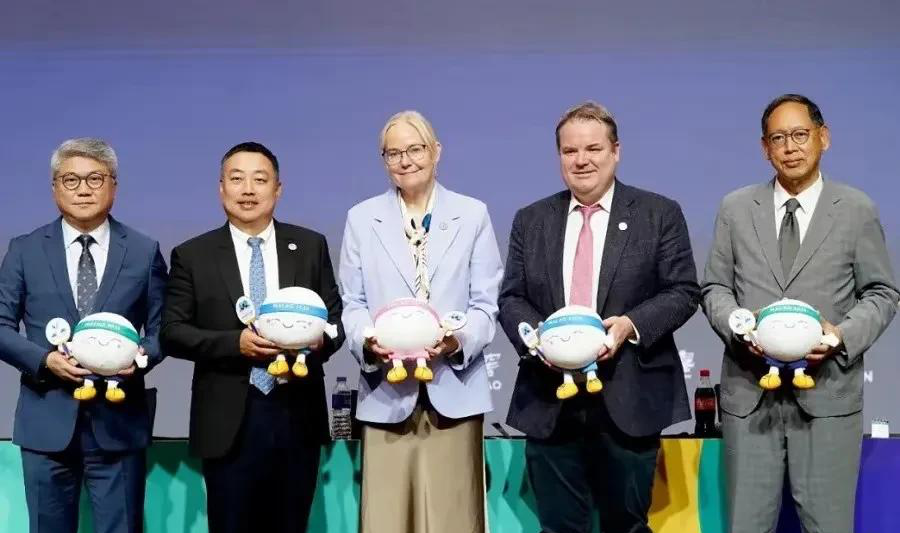The withdrawal of Fan Zhendong and Chen Meng from the international rankings has caused a stir, with people speculating about who might have forced them to do so. However, there is a deeper story behind this incident that needs to be explained from the beginning.
This situation is quite interesting. Fan Zhendong and Chen Meng initially wanted to express their dissatisfaction with the fine regulations, but when they mentioned not wanting an international ranking, it caused a sensation throughout the table tennis community.
Looking back on this matter now, it is indeed intriguing. The WTT stated that these regulations are not new, yet Fan Zhendong responded with a single sentence in the comment section that escalated the situation.
What is most amusing about this is that the ITTF President, Petra Solja, has spoken out, claiming that no response has been received from the Chinese Table Tennis Association (CTTA), which has made the issue even more complicated.
People are guessing who is behind this push, with some suggesting it's the WTT, others the ITTF, and some pointing to internal issues within the CTTA.

Upon careful consideration, the interests involved in this matter are incredibly complex, with all parties trying to distance themselves from responsibility, none wishing to take the blame.
Liu Guoliang's current situation is indeed somewhat awkward, wearing three hats, each identity putting him in a difficult position.
As the chairman of the WTT board of directors, he must be responsible for WTT's decisions, but these decisions may affect the interests of the national table tennis team members.
On the ITTF side, he is the vice-chairman, needing to cooperate with Solja, but her attitude towards Chinese table tennis is not particularly friendly.
Most challenging is that he is also the chairman of the CTTA, responsible for the development of Chinese table tennis, and now these three identities are clashing with each other.

In such circumstances, Liu Guoliang choosing silence may be the wisest course of action, but silence cannot solve the problem.
Solja's way of speaking is quite interesting; she appears polite but always speaks with a hidden edge.
At the Durban World Table Tennis Championships, her words already revealed her dissatisfaction with Chinese table tennis.
This time, by saying she hadn't received a response from the CTTA, she was ostensibly stating a fact but actually exerting pressure on the CTTA.
As the ITTF President, every word Solja says carries special implications and should not be simply understood.

Her relationship with Liu Guoliang is subtle, with both considering their respective interests.
Ultimately, Fan Zhendong and Chen Meng just want to play table tennis well, but they have now been drawn into this complex situation.
The process of rule-making in international sports organizations rarely considers the actual needs of athletes.
Athletes wanting to express their demands find that there is no appropriate channel.
This incident exposes problems in the management system of the international table tennis arena, necessitating reform.

However, reform is easier said than done, with intertwined interests making it difficult for anyone to give ground.
This storm, on the surface, is due to fine regulations, but it reflects deeper contradictions.
The power structure in the international table tennis arena is changing, with all parties vying for a voice.
The strong position of Chinese table tennis makes some people uneasy, and they wish to change this situation.
But change must also be approached with care, without harming the interests of athletes.
How this storm will ultimately end depends on the attitudes and wisdom of all parties involved.